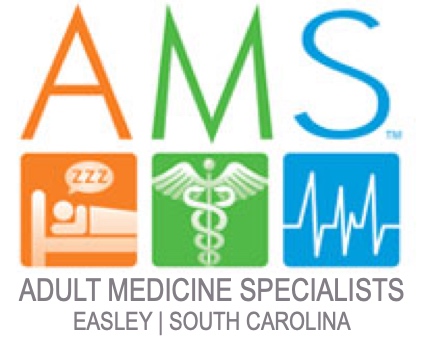Snoring Therapy
Snoring affects millions of people of all ages, both male and female. Oral appliance therapy is the most common treatment for the most severe snoring problems. Treatment procedures range from changing your sleep patterns to utilizing orthodontic-related appliances that help open the airways during sleep.
Common Causes of Snoring
Snoring is caused by the vibrations of your soft and/or hard tissue palates; these vibrations occur because of increasingly narrow air passages. When air passes through these passages, a “flapping” sound occurs because the tissue is soft in nature. Surgery (to alleviate the snoring) is not always successful, however, because the sound may not originate from the soft palate; the snoring sometimes originates from tissues in the upper airway.
Common causes:
- Smoking
- Alcohol
- Health problems
- Obesity
- Obstructed nasal passages – deviated septum
- Poor muscle tone of the tongue
- Daytime fatigue
- Sleep apnea
- Hypothyroidism
- Allergies
Sleep Apnea
Types of Sleep Apnea
- Central sleep apnea (CSA), describes breathing which stops because the muscles involved don’t receive the proper signal from the brain.
- The most common form of sleep apnea is called obstructive sleep apnea (OSA), and occurs due to a physical blockage, usually the collapsing of the soft tissue in the back of the throat.
- Mixed/complex sleep apnea is a combination of CSA and OSA.
- Loud snorers may have a serious case of blocked air passages, known as obstructive sleep apnea syndrome (OSAS). In these cases, the blockage of air is so great that no air can get through, causing repeated awakenings throughout the night. Obstructive sleep apnea can contribute or lead to many other conditions, such as high blood pressure, stroke, heart attack and depression, so it is important to be diagnosed by a medical professional if you experience any sleep-related symptoms.
Signs of Sleep Apnea
- Insomnia
- Loud snoring
- Choking sounds during sleep
- Headaches upon waking
- Sleeping / drowsiness during the day
Risk Factors Associated with Sleep Apnea
- More common in males
- More common in adults over 40
- Family history
- Obesity
- Smoking / Drinking / Medication
- High blood pressure
- Heart disease
- Neuromuscular disorders
Dangers of Untreated Sleep Apnea
- Fatigue can cause problems at work or school
- Fatigue inhibits your ability to operate a car
- Causes general grumpiness
- Can lead to high blood pressure
- Can lead to stroke
- Can cause heart failure
- Can lead to complications with sedation for medical procedures
Treatments for Sleep Apnea
Treatments for sleep apnea vary widely depending on the severity and type of sleep apnea a person suffers from. Suggested treatments can include:
- Losing weight
- Quitting smoking / drinking
- Eating healthy and controlling blood pressure
- Sleeping on your side
- Oral devices
- Breathing machines
- Surgery in extreme cases
